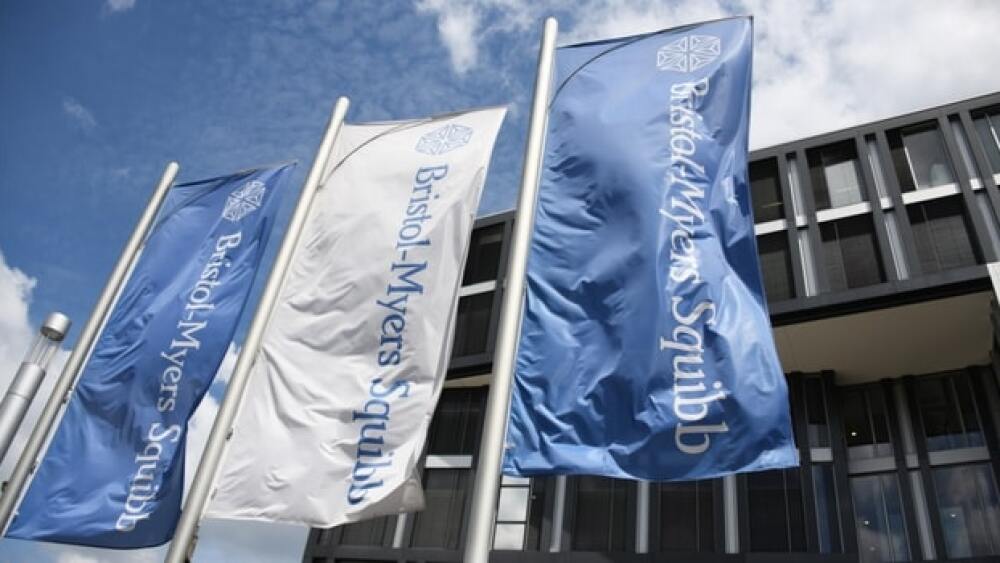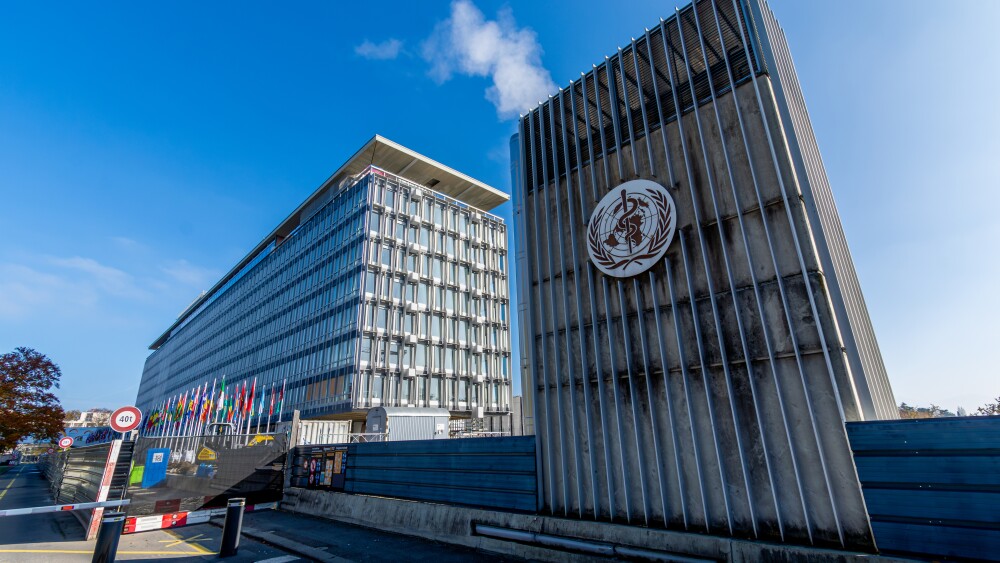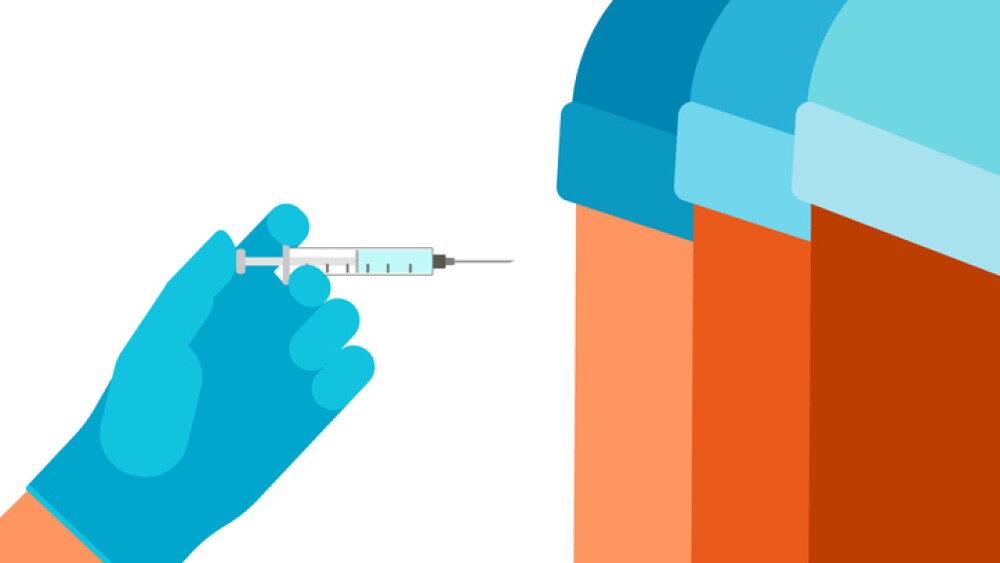Bristol Myers Squibb announced positive data from two separate Phase III clinical trials of its checkpoint inhibitor Opdivo (nivolumab).
nitpicker/Shutterstock
Bristol Myers Squibb announced positive data from two separate Phase III clinical trials of its checkpoint inhibitor Opdivo (nivolumab).
First, in CheckMate -649, Opdivo was evaluated with chemotherapy compared to chemotherapy alone as first-line treatment for metastatic gastric cancer, gastroesophageal junction (GEJ) cancer or esophageal adenocarcinoma. It met the two primary endpoints, overall survival (OS) and progression-free survival (PFS), with the OS identified at a pre-specified interim analysis and PFS at a final analysis, both in patients whose tumors express PD-L1 with a combined positive score greater than or equal to five. The OS benefit was also seen in the all-randomized population.
“There is an urgent need to improve therapeutic options for patients with esophageal and stomach cancer,” said Yelena Y. Janjigian, principal investigator, chief, Gastrointestinal Oncology, Memorial Sloan Kettering Cancer Center. “Responses to the current standard chemotherapy in patients are short lived, and less than 6% of patients with metastatic disease survive beyond five years. Immunotherapy helped transform how we care for our patients across different tumor types, and the encouraging results from CheckMate -649 represents a new opportunity to improve survival for patients beyond standard chemotherapy.”
The company indicates it plans to work with regulators around the globe to get Opdivo approved for these indications. Bristol Myers Squibb is also evaluating Opdivo plus Yervoy (ipilimumab) in combination compared to chemotherapy in gastric cancer, GEJ cancer or esophageal adenocarcinoma. The data for that trial is still blinded.
The second trial is the Phase III CheckMate -577 trial of Opdivo as an adjuvant therapy for patients with resected esophageal or gastroesophageal junction (GEJ) cancer. This trial also met its primary endpoint of disease-free survival (DFS) at a pre-specified interim analysis. Treatment with Opdivo after neoadjuvant chemoradiation therapy (CRT) and complete surgical resection showed a statistically significant improvement in DFS compared to placebo in the all-randomized population.
Opdivo has also demonstrated a benefit in melanoma in the adjuvant setting.
Bristol Myers Squibb plans to conduct a full evaluation of the available CheckMate -577 data, present the results at an upcoming medical conference, as well as discuss the data with regulators. The trial itself will continue as designed so they can perform full analysis of the secondary endpoint of overall survival (OS).
“Approximately 50% of patients with esophageal or gastroesophageal junction cancer who undergo neoadjuvant chemoradiation therapy followed by tumor resection will have disease recurrence within four years, and among those who do not respond completely to neoadjuvant treatment, recurrence will occur sooner,” said Ronan J. Kelly, director of the Charles A. Sammons Cancer Center at Baylor University Medical Center.
Kelly went on to say, “Medical oncologists have had limited to no treatment options to offer esophageal cancer patients who undergo neoadjuvant chemoradiation therapy followed by surgery and fail to demonstrate a complete pathological response. For the first time, we have a potential therapeutic option with nivolumab in the adjuvant setting for these patients.”
Opdivo was the first PD-1 immune checkpoint inhibitor to be approved for use anywhere in the world, in July 2014. It is now approved for use in more than 65 countries, including the U.S., Europe, Japan and China. In October 2015, the Opdivo and Yervoy combination, both checkpoint inhibitors, was the first combo treatment approved for metastatic melanoma and is now approved in more than 50 countries. Yervoy is an anti CTLA-4 checkpoint inhibitor.





